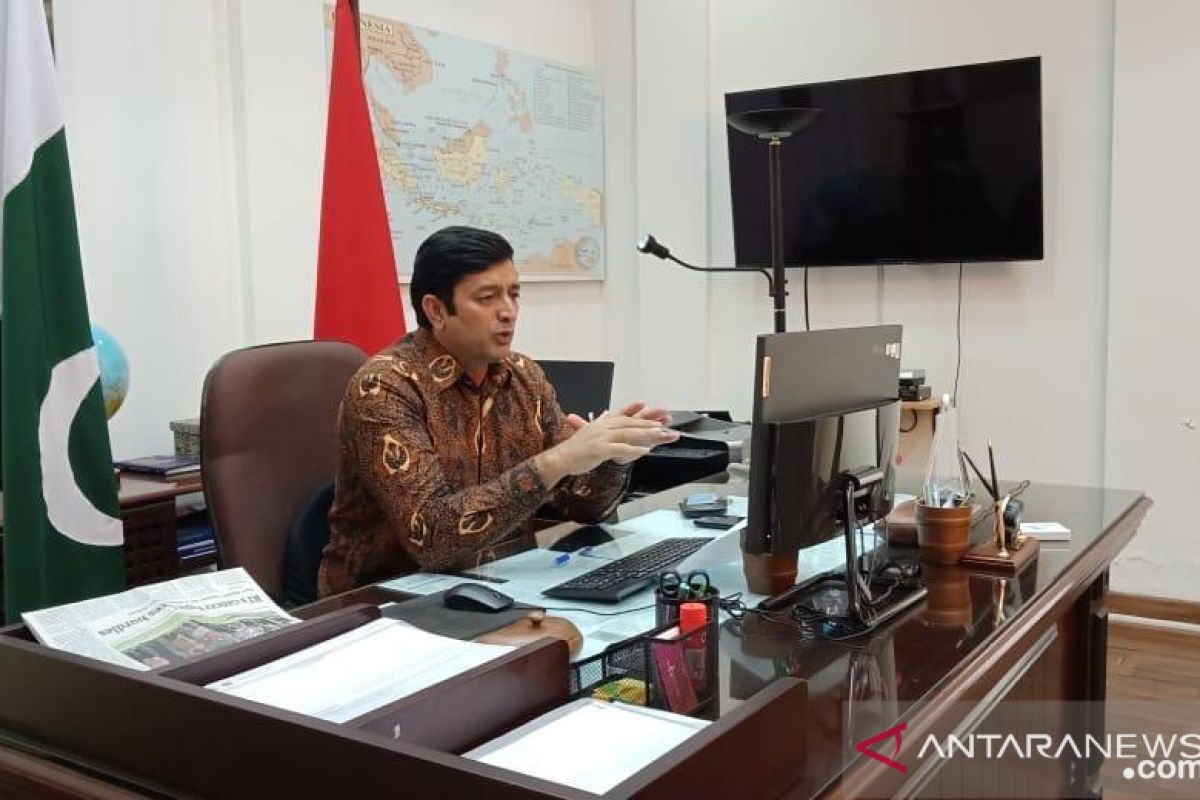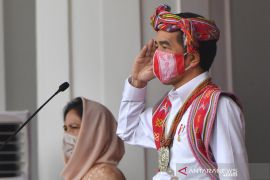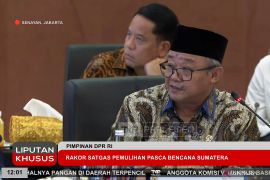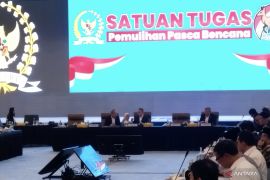Speaking on the occasion, Charge d’ Affaires of Pakistan to Indonesia Sajjad Haider Khan highlighted Pakistan’s foreign policy and expounded on Pakistan’s historical and geographical aspects as well as strategic location, in addition to the regional dynamics, according to the Embassy of Pakistan’s statement received here on Tuesday.
Khan discussed various issues faced worldwide, including the rising wave of Islamophobia, US-China trade war, COVID-19 crisis, geopolitical contestation in the Indo-Pacific Region, unrest in the Middle East, Afghan peace deal, and India’s hegemonic posture in the South Asian region, with special reference to the recent problems between India and its neighbors, including Pakistan, China, Bangladesh, and Nepal.
Consequently, Khan drew attention to the significance and history of Jammu & Kashmir Martyrs Day (Yom e Shuhada).
Khan further detailed on the ongoing wave of intolerance and repression against minorities, especially Muslims.
He specifically highlighted the plight of innocent people of Indian-administered Jammu & Kashmir region where the Indian forces have unleashed a reign of violence since 1947.
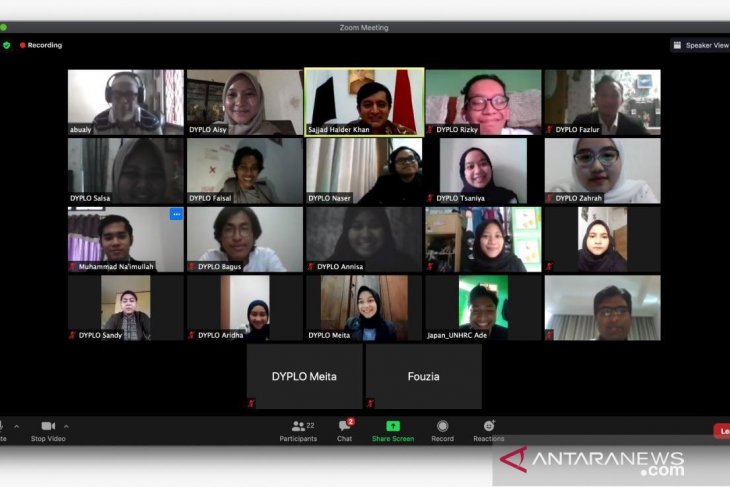
He spoke in detail on the targeted discrimination against Muslims in India by in the form of the Babri Mosque verdict, the discriminatory Citizenship (Amendment) Act (CAA), the controversial National Register of Citizens (NRC), and the lynching of Muslims.
Khan also highlighted several other aspects of the Jammu & Kashmir dispute, including gross human rights violations, sexual abuse and violence against women and children, Indian illegal actions of doing away with Articles 370 and 35-A of the Constitution to bring about demographic changes in the region, implementation of the UNSC resolutions, and Pakistan’s aspirations to resolve all issues with India, including the Jammu and Kashmir dispute, through dialog, in accordance with the UNSC resolutions.
Attendees at the webinar constituted a large section of youth, scholars, and intellectuals. At the end of the webinar, Khan responded to various queries posed by the participants.
Related news: Pakistan concerned over human rights violations in Kashmir
Related news: Ambassador of Pakistan says Kashmir is not a bilateral matter
EDITED BY INE
Reporter: Azis Kurmala
Editor: Fardah Assegaf
Copyright © ANTARA 2020
